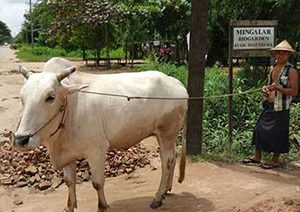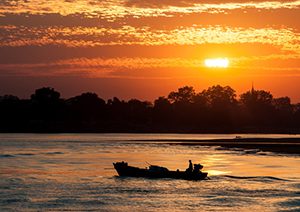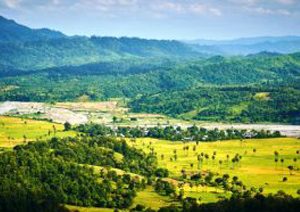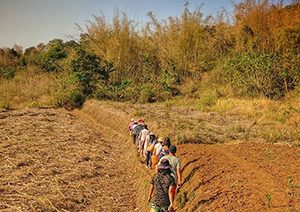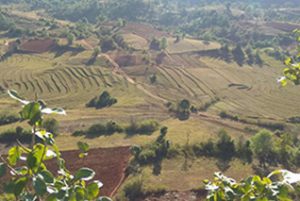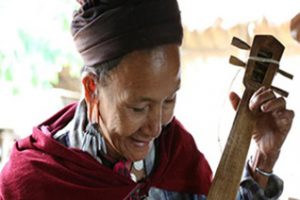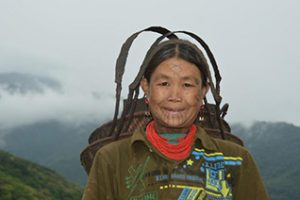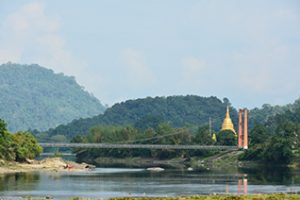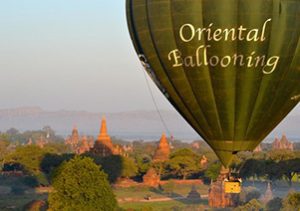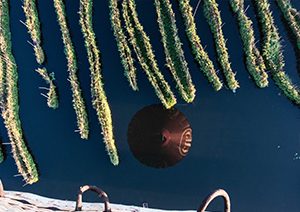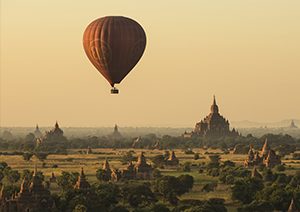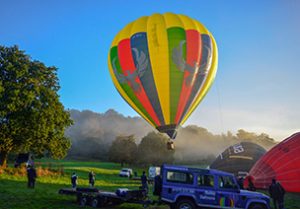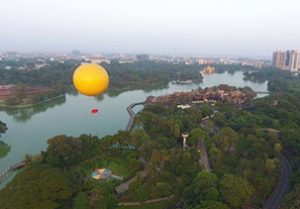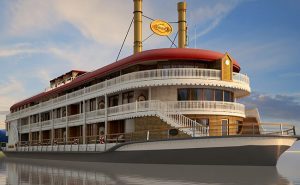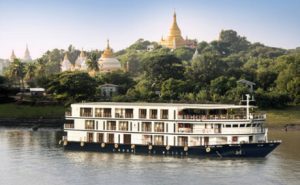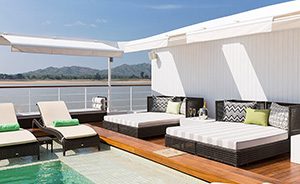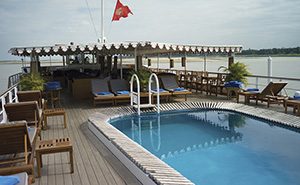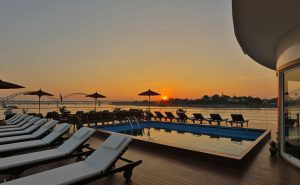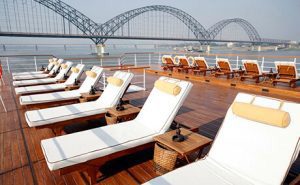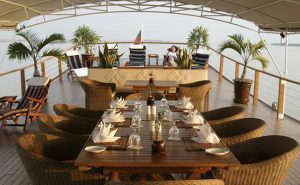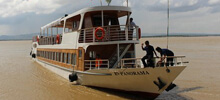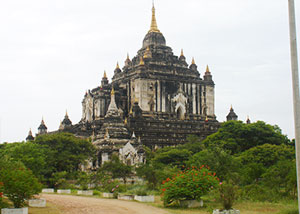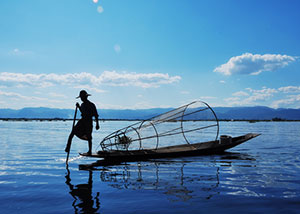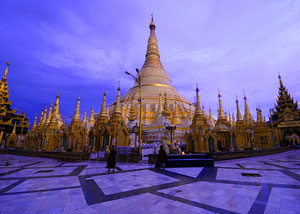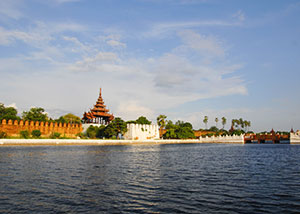Bagan Tours
Bagan, founded as early as in 849 on the banks of the Ayeyarwaddy River about 500 kilometers north of Yangon. The 10th-century archaeological site is considered one of the richest and most amazing sites in Asia.
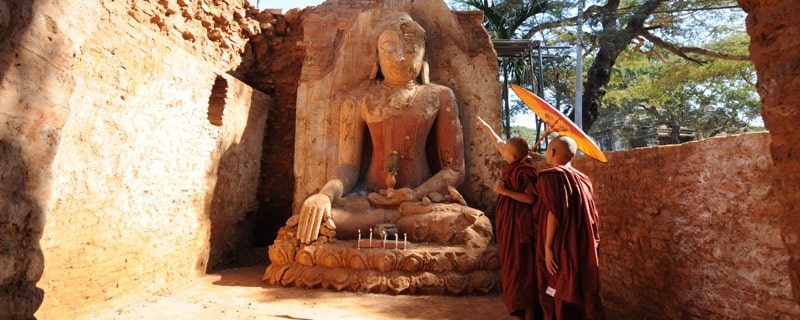
Among Bagan’s more than 13,000 temples once stood there are some 2,200 remain today. Some were destroyed by invaders others by earthquake and decay.
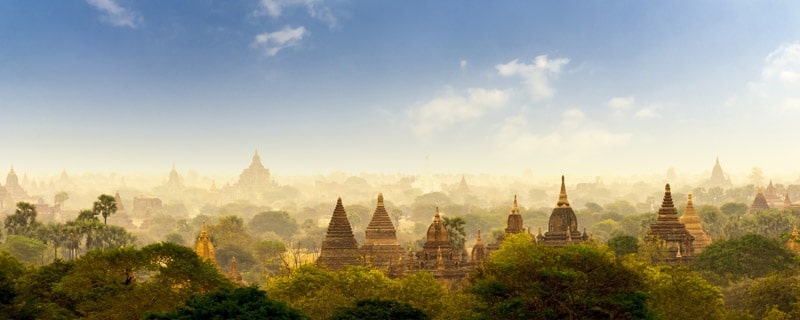
In 1287 hordes of Mongolian horsemen under Kublai Khan conquered Bagan. The towns, at least the wooden, secular building, were mostly burnt down. Soon after, the realm of Bagan disintegrated into many, smaller kingdoms.
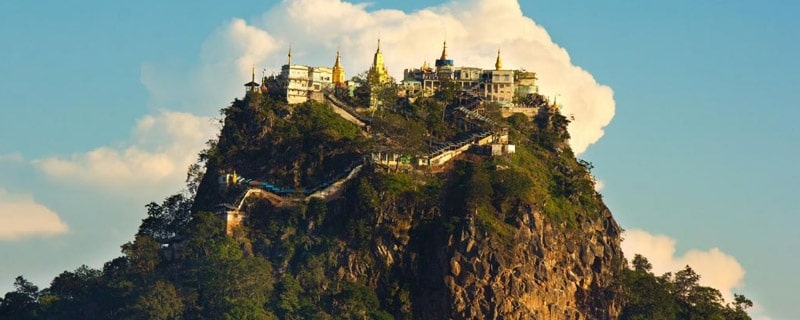
Ananda Temple
The Ananda Temple, completed in 1090, is King Kyansittha’s masterpiece and the crowning achievement of the early style of temple architecture. The plan is that of a perfect Greek cross. There are four huge Buddha images in standing position and a series of 80 relief’s depicting the final life of the Buddha from His birth to His enlightenment is notable. The Ananda Pagoda festival helds in January is a big event drawing pilgrims even from far away places.
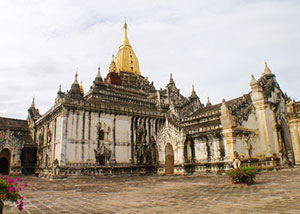
Shwegugyi Temple
It was built by King Alungsithu in 1131 AD, and it is standing on the high brick plinth. The arch – pediments, pilasters, plinth and conice moulding are decorated with fine stucco carving, evidence of Myanmar architecture in early 12thcentury.
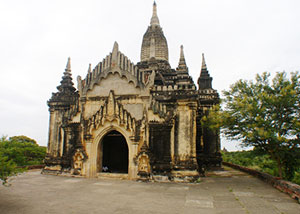
Gawdapalin Temple
This 12th-century temple built by King Narapatisithu is about 60 meters high. From the upper terrace of the temple, one can leisurely watch the sunset over the scenic beauty of the Ayeyarwaddy River with the backdrop of Tantkyitaung Hill and the panoramic view of ancient Bagan. The fading light gradually veils the ruined city of Bagan – a “Bagan Sunset”, and one will never forget the trip to Myanmar.
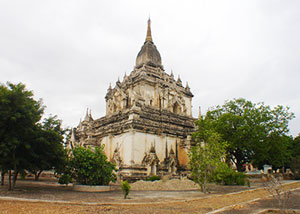
Gubyaukgyi Temple (Wetkyi-In)
It is a 13th century temple with a spire resembling the Mahabodhi temple at Budh Gaya. It is known for its wall paintings depicting scenes from the Jataka.
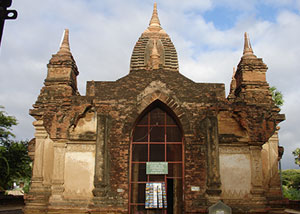
Htilominlo Temple
The Htilominlo Temple is one of the largest temple of Bagan. It was built about 1211 AD by Nandaungmya Min. It’s a double-storeged structure rising 50 metres above the ground. This temple is noted for its fine plaster carvings on the arch-pediments, frieze and pilaster.
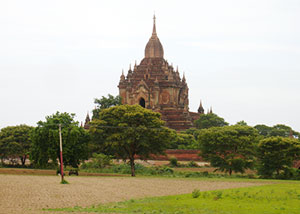
Shwezigon Pagoda
It was built by King Anawrahta and completed by King Kyansittha in 1084. Shwezigon Pagoda is the prototype for later Myanmar pagodas. There are green glazed plaques depicting scenes from the Jataka. The pagoda festival is held from late October to early November.
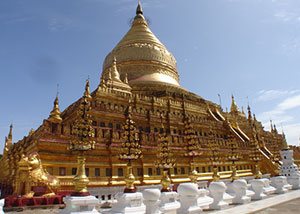
Bupaya Pagoda
The Bupaya Pagoda is a conspicuous landmark for travellers along the river. This pagoda with a bulbous dome resembling the “Bu” or gourd fruit is a favorite spot for visitors to watch the sunset.
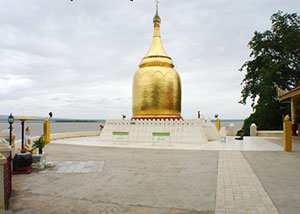
Archaeological Museum
This museum run by Archaeology Department is situated near the Ananda Temple. It has a collection of more than 2000 items including Buddha statues, stucco pieces, terra-cotta cups and pots.

Bagan & Surronding
MT.POPA
Mt. Popa is said to be the core of an extinct volcano and 60 kilometers south-east of Bagan and 1500 meter-high. Well-known as the oasis of the central Myanmar dry zone.Mt.Popa considered the abode of most powerful nats [ spirit ] and important nat worship center, as well as a major pilgrimage destinations Mt.Popa, hosts two major “ nat pwe”, spirit festival, on in the month of May / June and other in Nov / Dec. spirit possession and over all drunken ecstasy are still part of the celebration. Popa today is one of the most popular pilgrimage spots in the country. One would need to spend a sizeable amount of time in order to unearth the spiritual and legendary wealth of this sacred mountain.
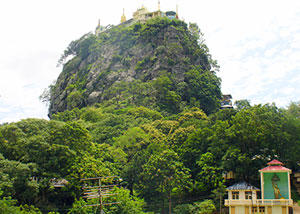
SALAY
Visitors to the ancient capital Bagan often make a 20 miles (15 kilometers) trip south to see Salay (pronounced Sa-lay), an ancient town rich in Myanmar culture. Salay is also on the great Ayeyawady River, like Bagan, another pleasurable way to get there is to go by one of the small motor boats available for hire and which usually leave Bagan from the Bu-Hpaya jetty.
It is worth visiting for it’s exceptional 18th century wood carving works at “Yoke Son” monastery. Near by one can observe antique 13th century lacquer-ware Buddha Image.

Myanmar Cruise
Our Popular Tour Packages
Describe here popular tours


